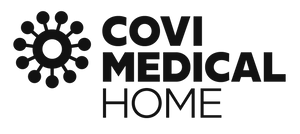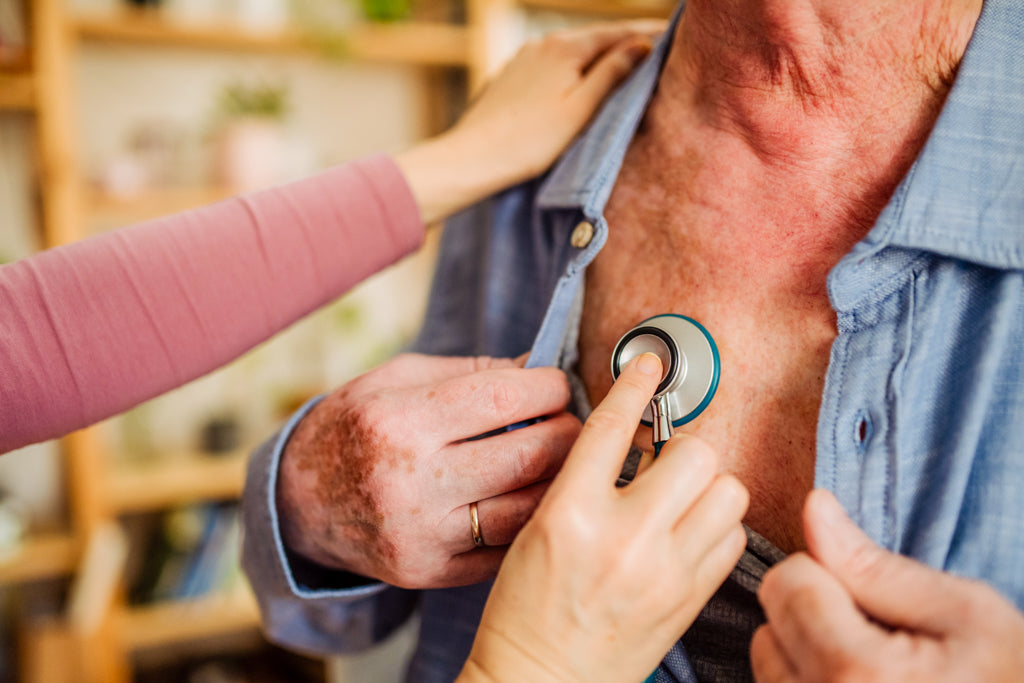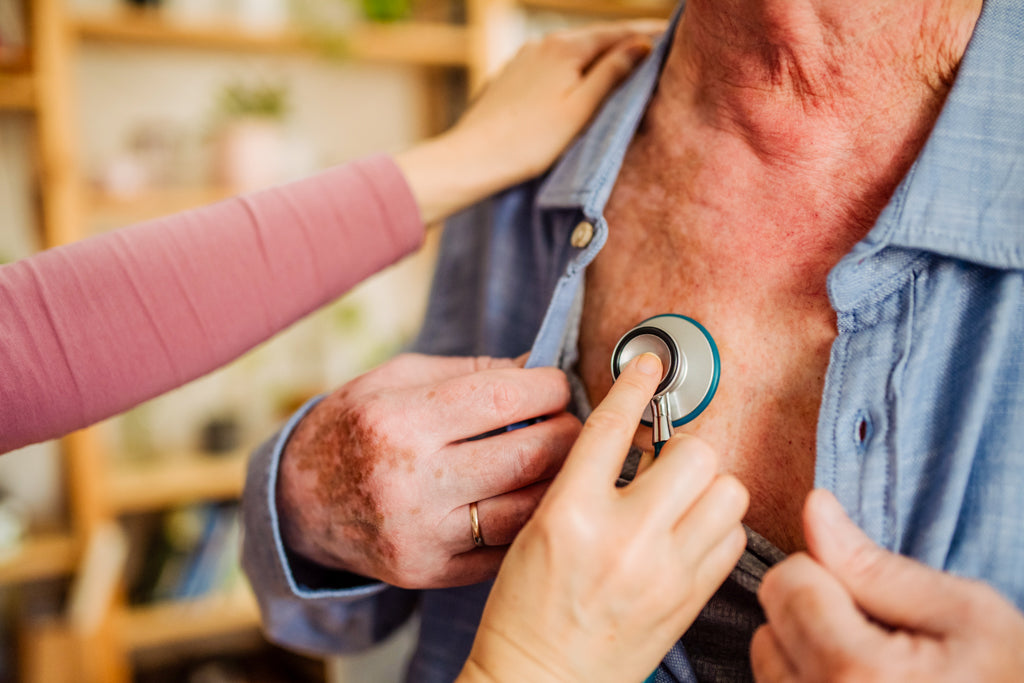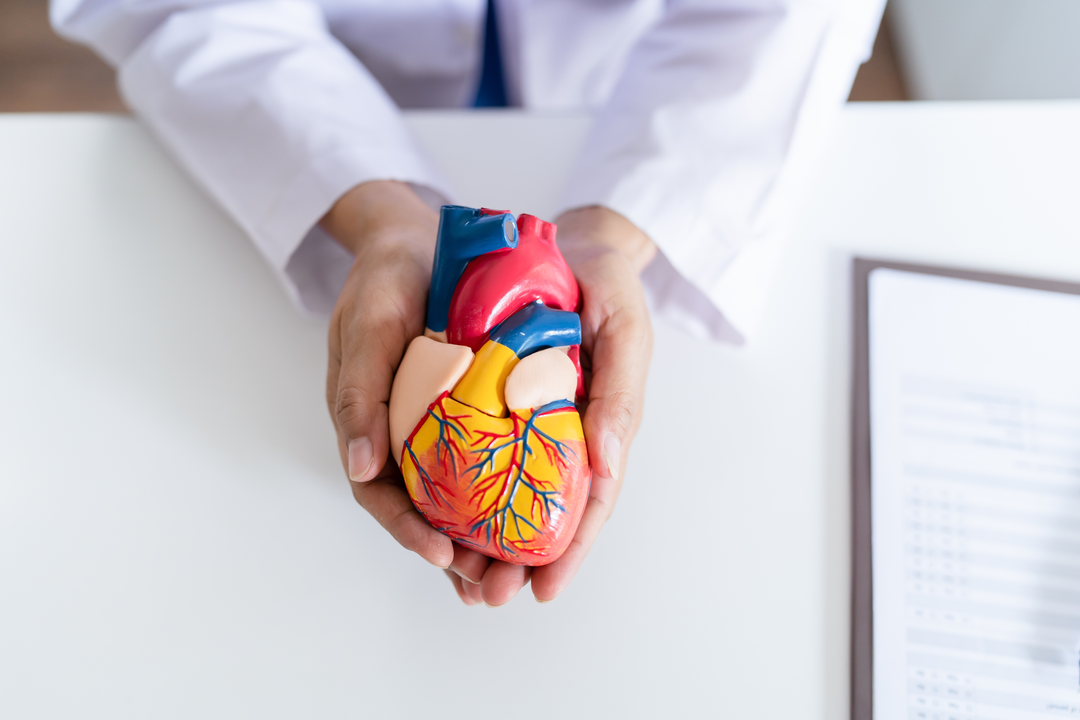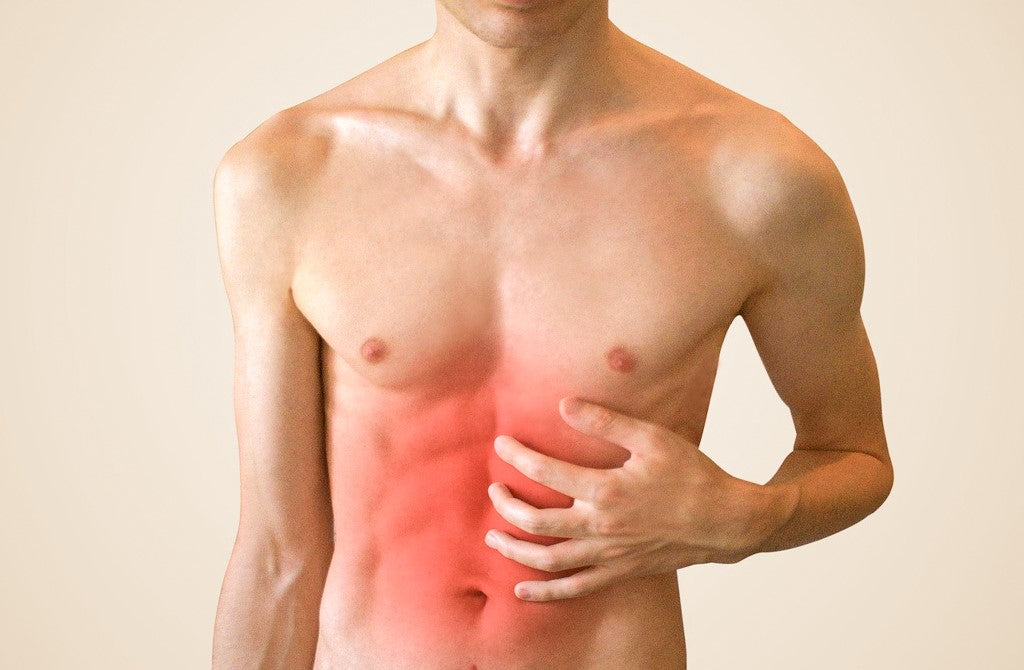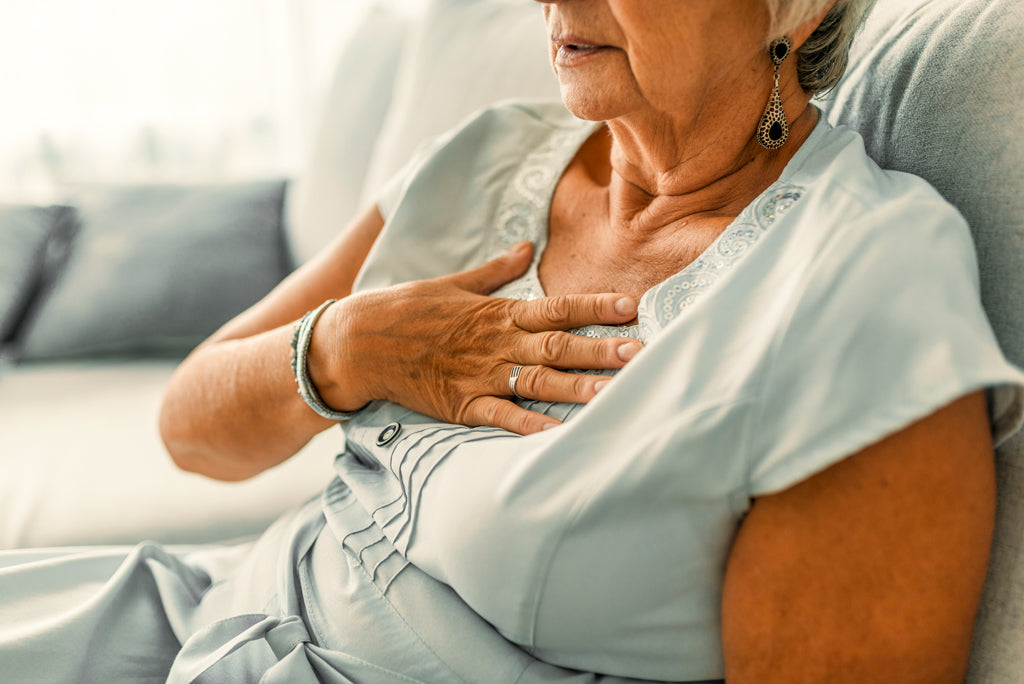Listen to your heart!
Taking Care of Your Heart: Small Changes for a Healthier Life
The heart of an adult is roughly the size of a fist, weighing around 300 grams—a lightweight compared to the human liver. Despite its size, the heart is one of the most crucial organs in our bodies. In adults, the heart beats around 80 times per minute at rest, pumping approximately 7,000 liters of blood per day. When the heart loses its rhythm and no longer functions properly, it can quickly become dangerous.
In Germany, the saying "Listen to your heart" is commonly heard, and although we may follow our hearts in emotional decisions, it seems that Germans are not paying as much attention to their heart health. According to official statistics from the Robert Koch Institute, 40 percent of all deaths in the country result from cardiovascular diseases, with approximately 280,000 heart attacks occurring annually.
Conquering the Inner Sloth
Cardiovascular diseases can now be labeled as a widespread ailment. However, it is entirely possible to prevent non-congenital cardiovascular diseases by taking on the challenge of defeating the inner sloth.
The heart is a hollow muscle that is trained with every movement. Engaging in high-performance sports is not necessary for this; activities like climbing stairs, walking, and cycling—often neglected in our modern and fast-paced lives, yielding to convenience—contribute to keeping our hearts in good shape.
Despite sounding trivial, leaving the car behind and opting to walk or cycle, choosing stairs over elevators, standing while talking on the phone, scheduling walks with friends instead of coffee dates, or taking over the living room dance floor to your favorite song—there are endless small, everyday measures that are beneficial for your heart and, consequently, your overall health.
Source:
Lower cholesterol levels: three tips Herzstiftung | Heart Foundation
